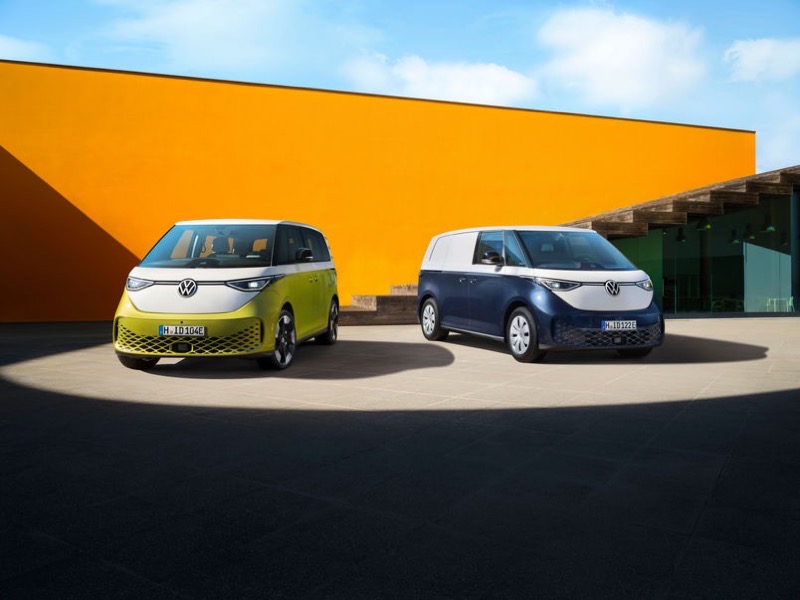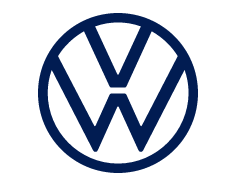
Volkswagen Plans to Build Six Battery Factories in Europe, Ups Ante Versus Tesla

The Union Bank of Switzerland (UBS) called Volkswagen Tesla’s most credible rival earlier this month, and it would be hard to deny the claim, especially amidst news of new electric vehicle (EV) factories from the European company.
On Monday, Volkswagen announced plans to establish six battery cell factories across Europe by 2030, according to Reuters. The European company is the world’s second-highest volume automaker, and it said it would build the factories either alone or with the aid of partnerships.
Volkswagen takes aim at Tesla with own European gigafactories https://t.co/5K14Xfljuu pic.twitter.com/4WKIc6hsfS
— Reuters (@Reuters) March 15, 2021
Last September, VW’s Chief Executive Officer (CEO) Herbert Diess told the press, “Our transformation will be fast, it will be unprecedented.” Diess continued, “E-mobility has become core business for us.”
European factories will have a total capacity of up to 240 gigawatt hours (GWh) annually, said Volkswagen, noting the first 40 GWh would originate with Sweden’s Northvolt, with production set to begin in 2023.
Volkswagen will subsequently increase its 20% stake in Northvolt and take over the latter’s stake of a battery cell venture set for Salzgitter, Germany, where a second factory will be built in 2025.
Next, factories will be built in Spain, France or Portugal in 2026 and either in Poland, Slovakia or the Czech Republic by 2027. Two additional battery cell plants will be set up by 2030, as Volkswagen tries to take on Tesla.
The company’s shares rose as much as 3.8% following the announcement. VW said in December it planned to spend up to 35 billion euros ($41.7 billion USD) by 2025.
Diess also recently expressed that he and VW are not afraid of the upcoming Apple Car, which is expected to have powerful autonomous capabilities and be released just a few years from now.
VW also announced the development of a self-driving platform earlier this year, in a new partnership with Microsoft.
Tesla’s Full Self-Driving (FSD) beta was released last year in the United States, and was expanded significantly to include roughly 2,000 users just last week.

